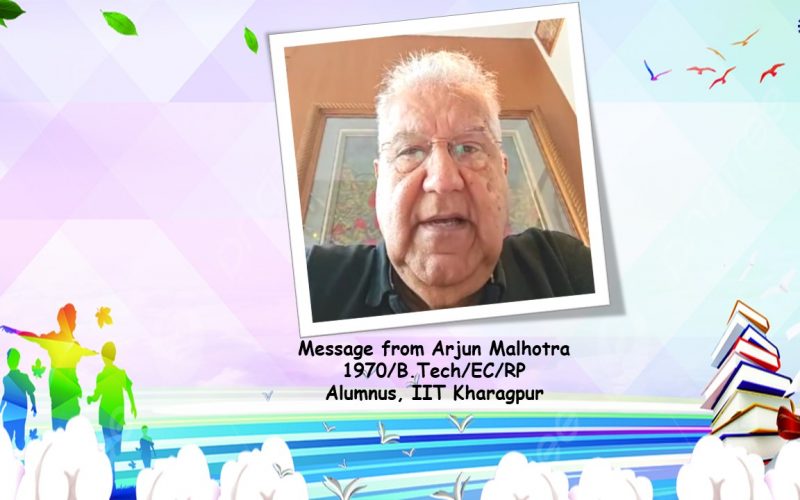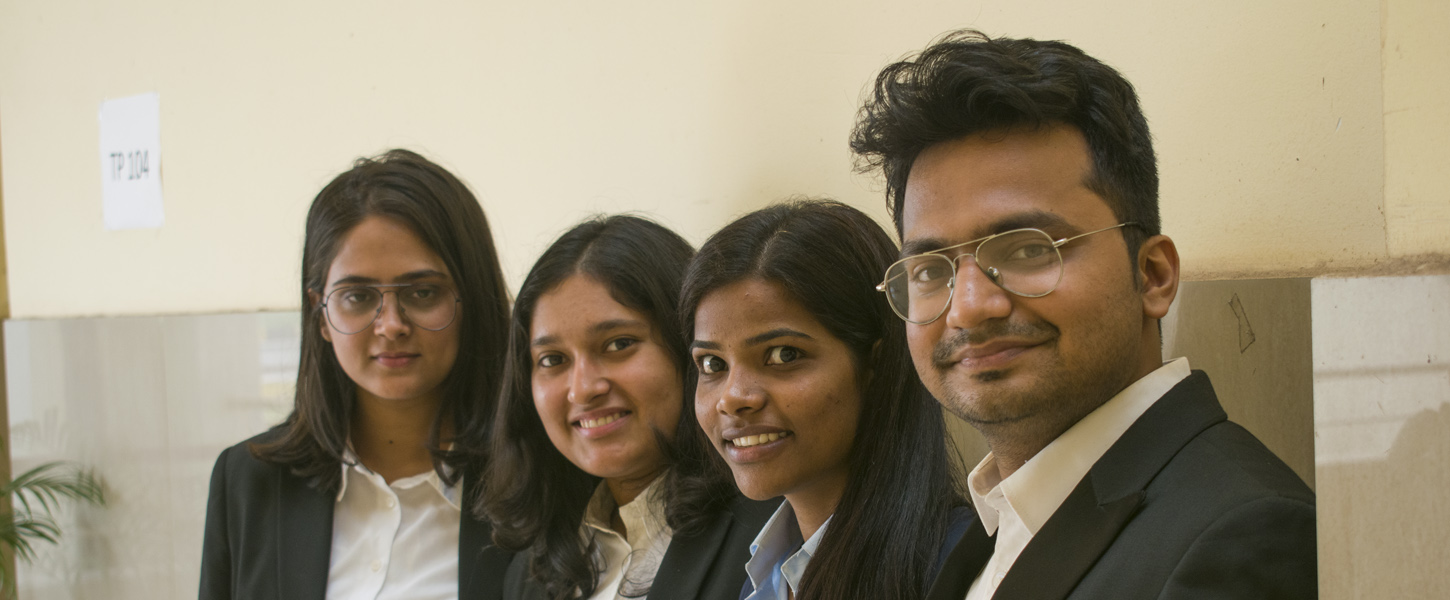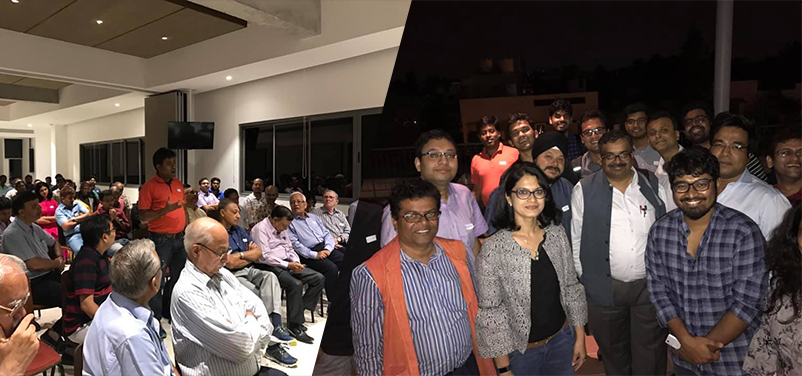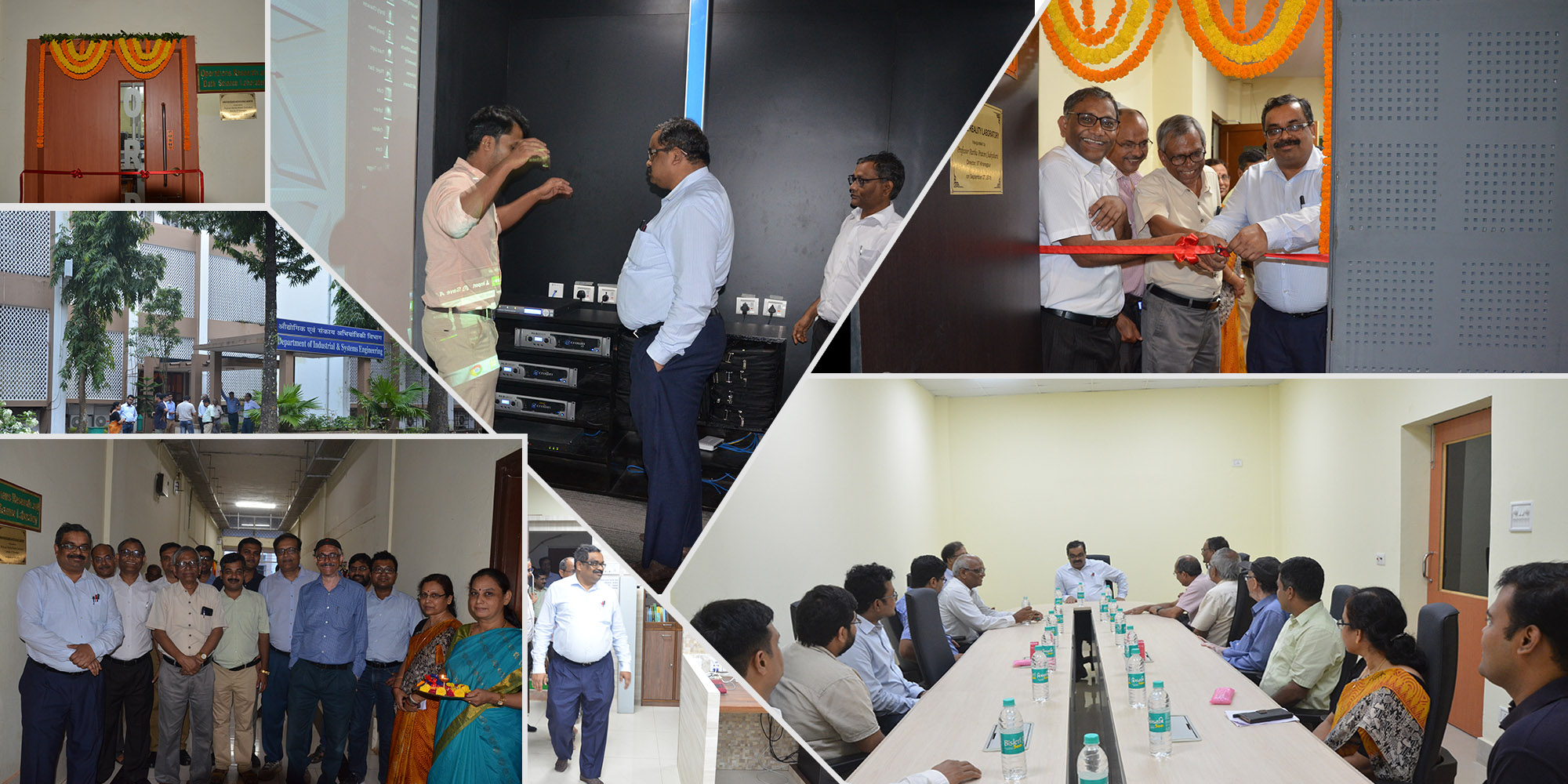
Arjun Malhotra sends heart warming message to welcome the new KGPians of Y2024
Esteemed Alumnus of IIT Kharagpur, Mr. Arjun Malhotra who is widely renowned for his instrumental role in co-founding the HCL Group, way back in 1975 and is currently the Chairman of the Advisory Board of Altysys sent a heart-warming message to welcome the Freshers of the Y2024. As a proud Alumnus, he recalls his days in his Alma Mater and shares the anecdotes that will help the new undergrads to have a home away from home. The Institute is indeed overwhelmed for the inspiring words of Mr. Malhotra for our newbies. ""Hello KGPians, this is Arjun Malhotra. I am…




